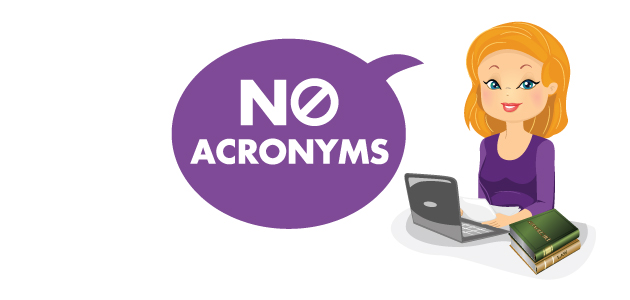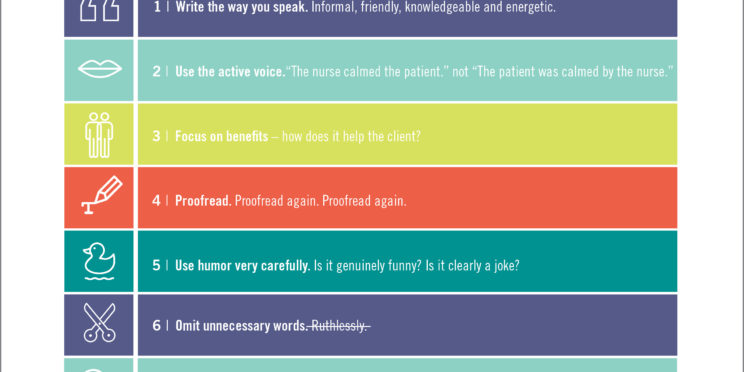Despite the efforts of legal writing guru Bryan Garner to promote use of “citational” footnotes, placing citations in the main body of the brief or memo remains the dominant method. And so, for the most part, or at least when…
Should we “put all citations in footnotes”—or not?
Everyone agrees legal brief writers should strive for clear, orderly prose and a coherent chain of argument. At the same time, we must show there is legal precedent for most of our assertions, and identify precisely these sources of support.…
Legal Writing Tip: Losing the Legalese, Continued
As we discussed in last month’s column, good legal writing does not sound like it has been written by a lawyer, or worse, a committee of lawyers. That is the basic premise of the movement toward use of plain language…
Legal Writing Tip: Let us Lose the Legalese
Why are so many legal briefs overwrought with stuffy, archaic verbiage where simple, plain English would do? We can blame it in part on our legal education. Slogging through page after page of mind-numbing text—the sort comprising the typical, aged…
Legal Writing Tip: Choose the Active Voice
What is the difference between the passive and active voice in writing? In active voice, the subject of the clause or sentence does the acting. In passive voice, the subject does not perform the action of the verb. Instead, the…
Legal Writing Tip: And Now, a Few Words from the Bench
Three, relatively recent appointees to the First District Court of Appeals discussed their experiences serving on the court, described their decision-making processes, and shared their thoughts on crafting stronger, more persuasive briefs at a luncheon sponsored by BASF’s Appellate Section…
Legal Writing Tip: Strive for Clean, Uncluttered Sentences
A well-structured sentence wastes no words. Craft a tidy sentence by placing the actor first, the action second, and the object of the action third. Consider the sentence, “It is possible for the court to modify the judgment.” The actor is…
Legal Writing Tip: Keep Deleting the Unnecessary
Eliminating verbiage is so essential to writing effectively, the task warrants further attention. Legal writing guru Bryan Garner is fond of quoting the late Judge David Bazelon of the U.S. Court of Appeals for the District of Columbia Circuit on…
10 Rules for Great Marketing Writing
Thank you to Knox Design Strategy and Repechage Group for permission to repost the 10 Rules for Great Marketing Writing. Click on the image below to download a pdf version.
Legal Writing Tip: Omit Surplus Words
Good writing is lean writing. Unnecessary words impede clarity and impact. Lawyers trade in words. So you’d think we would know to use them carefully and sparingly. Instead, verbosity abounds. Excess words invade our sentences like so many extra pounds,…
Five Tips for Creating a Marketable Legal Professional Resume
Most people can agree that it is a difficult task creating a marketable resume. How does one decide what to include, or determine what to take out? How is it possible to get everything on one page? My best advice…
Legal Writing Tip: Strike the Right Tone
In legal writing, as in any form of communication, tone is crucial. What you say is no more important than how you say it. When addressing the court, an attorney should strive to “be the voice of reason—with a tone…












